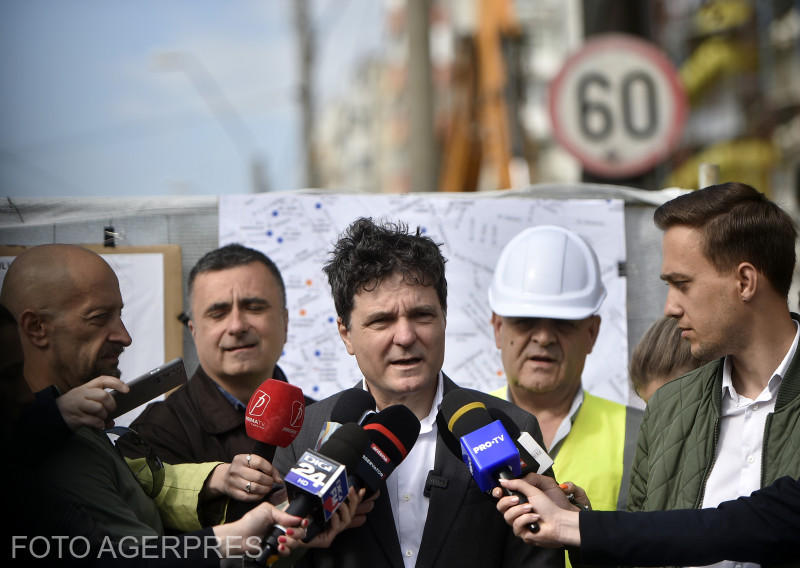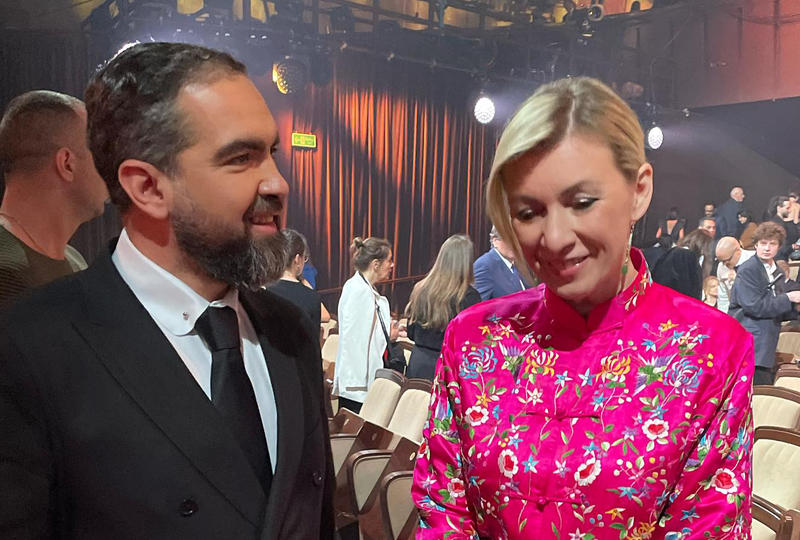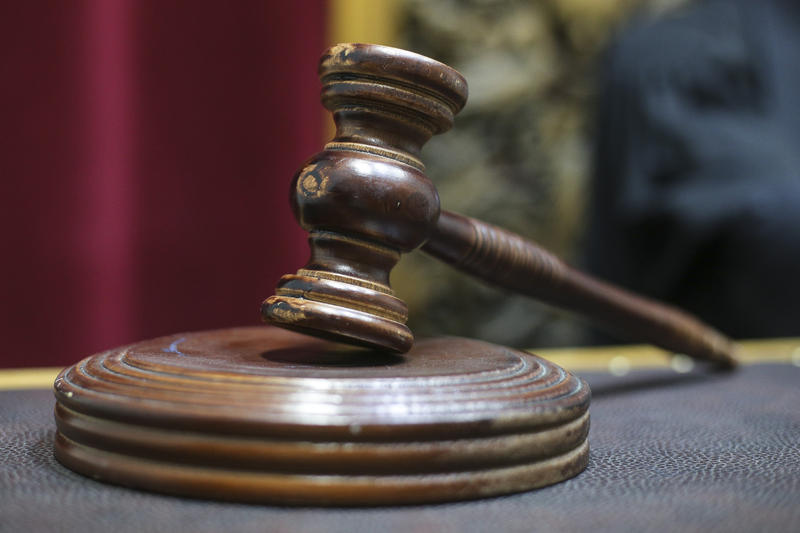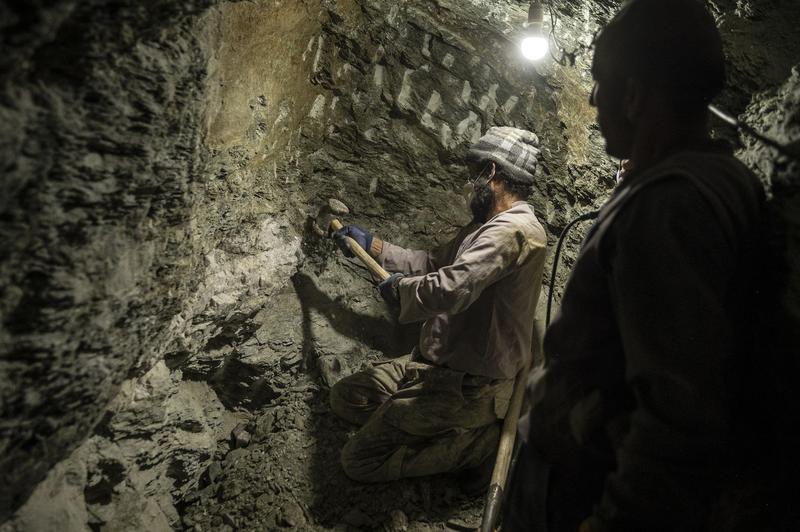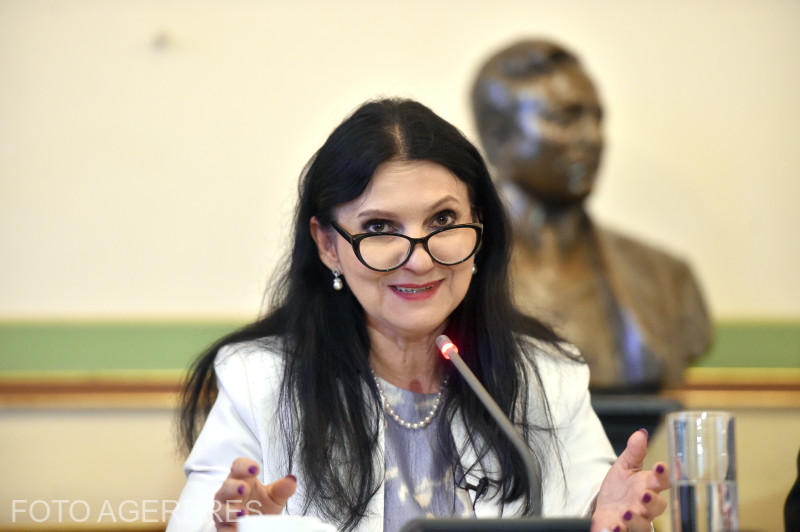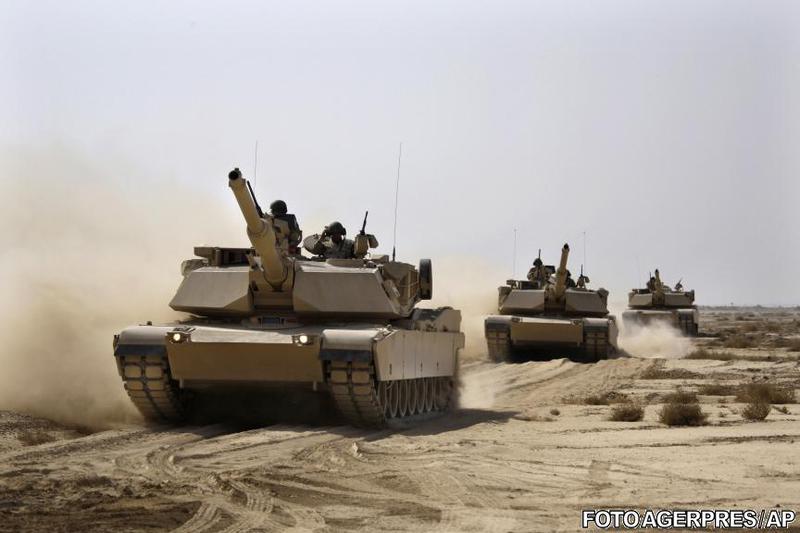Moldova will have to choose in two-three years' time if the European Union will not accept an ambitious integration agenda for Moldova, with the Eastern Partnership is only an inefficient bureaucratic instrument, Moldavian Economy minister Valeriu Lazar believes. Interviewed by HotNews.ro, he claims that Moldova has an alternative: becoming part of a regional organisation based on a CIS arrangement, with Russia as engine. Moldova's latest current challenge is to convince the European partners taking part in the Conference of the Donors for the Republic of Moldova in Brussels that the Moldavian government is determined to push reforms through. But the major risk is a reform slowdown should early elections interfere.
Surprisingly, Russia's position is very structured right now. (...) The Russian Federation's offer is clear: Russia consider CIS a regional organisation based on common economic interests. (...) The republic of Moldova needs to decide where is heading, sooner or later.
Up to a certain integration level, there is no conflict between our integration on the Western or Eastern axis. (...) We have all the political desire for the European integration, but, in the end, we are not naive either; we understand fully what happens in the EU and we don't believe we can talk now about EU accession, in the political-administrative sense. This is very clear to me. (...)For the moment, the political-administrative EU accession is not our target and the EU is not ready either, at least this is what we make from the signals coming from Brussels. We need to be ambitious and make inner reforms, to adopt European standards and to carry on with the same passion and speed.
On the other hand, there is a huge question mark. The Eastern Partnership works at a discussion level. In practice, judging from the discussion I have with people I know from Brussels, not even they know what kind of partnership the Eastern Partnership is. Byelorussia is in a weird situation: formally, it is part of this partnership (...) and part of the border union with Russia and Kazakhstan, which already entails a different form of integration. This means that Byelorussia’s presence in the Eastern Partnership is a big question mark. We don't know what's going to happen with Ukraine.
And this means two things: either it is only Moldova that stays in the Eastern Partnership - and in this case we will insist in Brussels to have a more ambitious European integration agenda; or, if this is not possible, the new process will be influenced by Russia's new position. The Russian Federation volunteered to be the nucleus of a integration process in this region, based on the CIS. They have said that they understood very well that CIS member states are not ready yet to delegate part of their sovereignty to other structures, bigger than the state, but they would want for the CIS countries to offer more clarity on their intentions, to say how far they were ready to integrate in the structures that follow CIS: "It's fine if you want to settle for the free trade agreement; you're welcome to go further; if you want to participate in the common economic space, you're welcome; if you want to go further than that, even better; you decide". But they said we should not expect the same level of openness of the countries of this organisation; it will depend on the level of integration. Sooner or later, this phenomenon will make us be more explicit and clearer.
